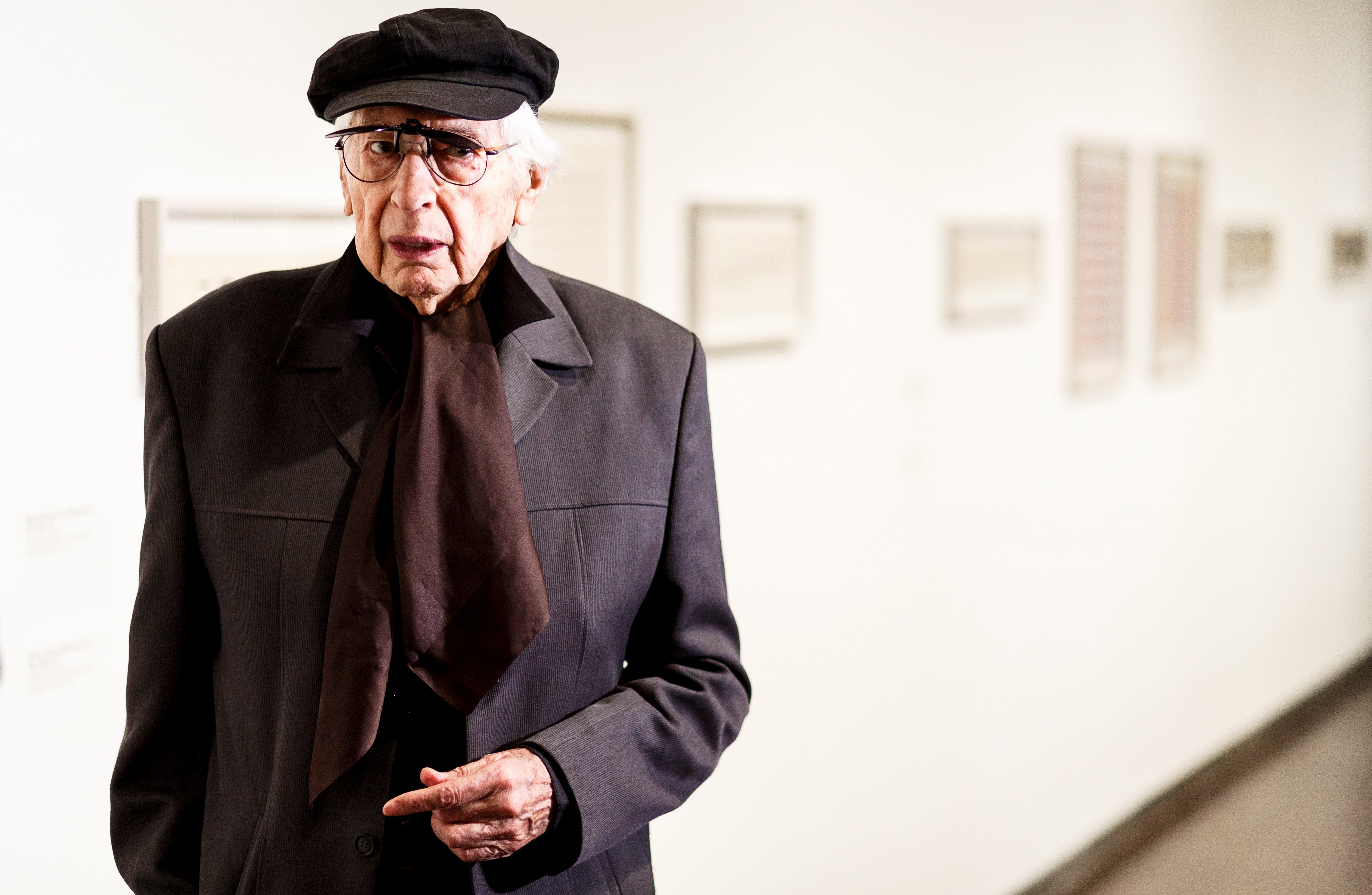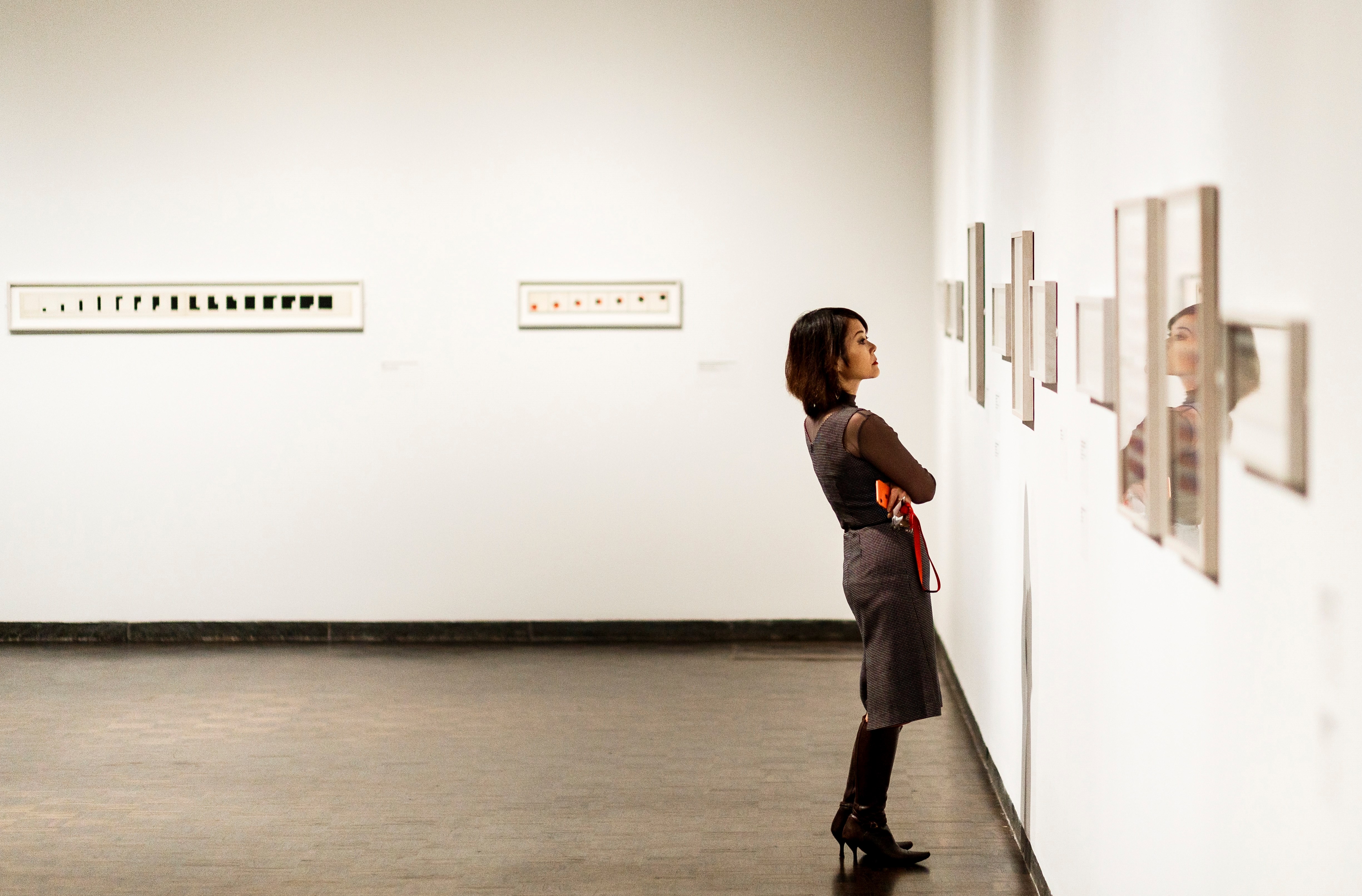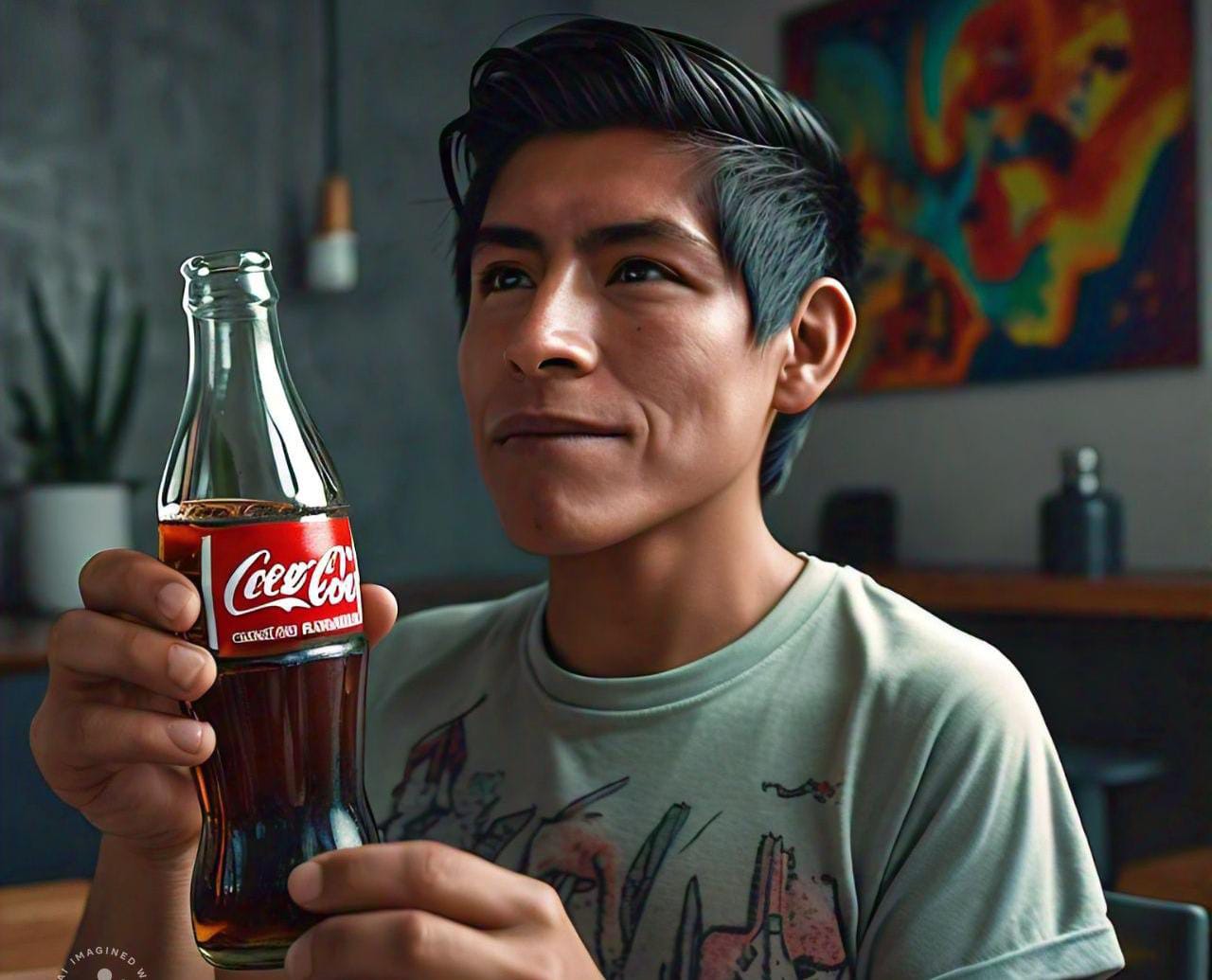
Met reveals the beginnings of the work of Argentine artist Julio Le Parc
The exhibition opened on Dec. 3, showcasing a leading artist in kinetic art.
The Metropolitan Museum of Art in New York on Monday presented an extensive exhibition of the work by Argentine Julio Le Parc, a leading figure in kinetic art, revealing the beginnings of his career with more than 50 gouaches shown to the public for the first time.
The exhibition "Julio Le Parc 1959," displayed in the Met Breuer, the modern art division of the museum, is made up mostly by works, as indicated by the title, carried out in 1959, shortly after Le Parc moved to live in Paris, a city in which he still resides.
The exhibition, which can be seen until Feb. 24, was made possible thanks to the donation to the cultural centre of 24 of these works by the artist himself, who recently turned 90 and had been storing them in his warehouses until now.
RELATED CONTENT

"It seemed to me, the same as to my children, that the Met Breuer could be a place where my works could be very well conserved, cared for, kept, and perhaps they could serve as the starting elements of my work in the future," Le Parc, who attended the exhibition of his own works, explained in an interview with Efe.
The exhibition is a faithful reflection of the beginnings of an intense and careful study of shapes and colors, showing his interest in the development of geometric abstraction, incorporating movement into his pieces through variations, sequences and progressions.
In this way the Argentine uses the mathematical repetition of forms and colors to present pictures designed to the millimeter and meticulously executed, to create in the spectator the illusion of oscillation and displacement.










LEAVE A COMMENT:
Join the discussion! Leave a comment.